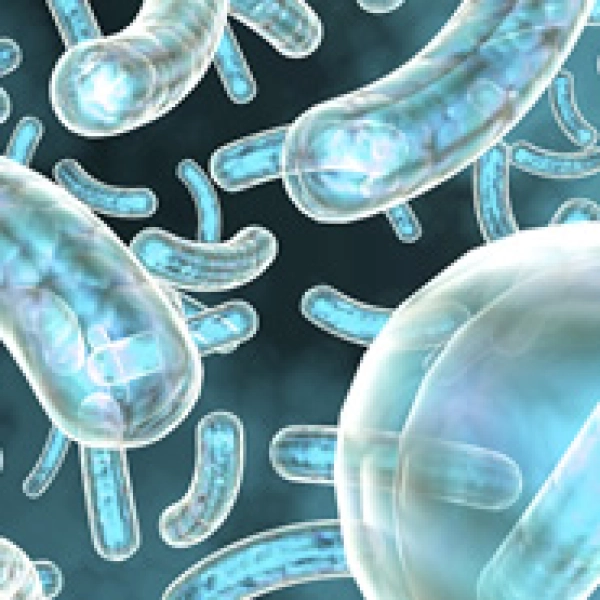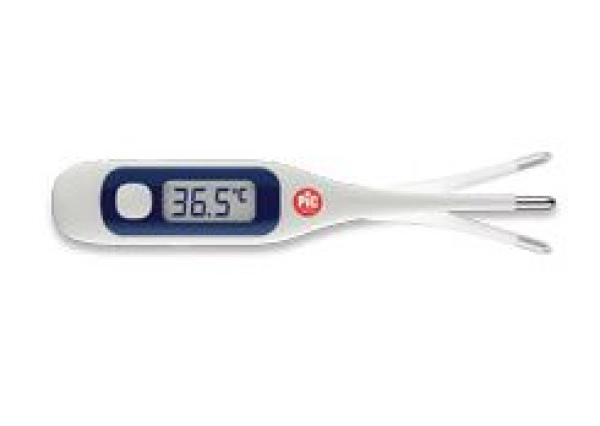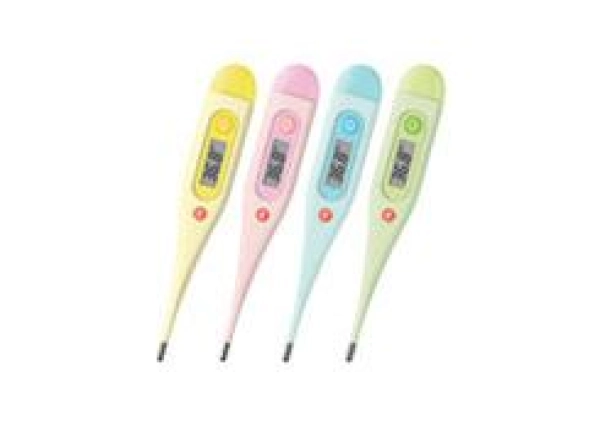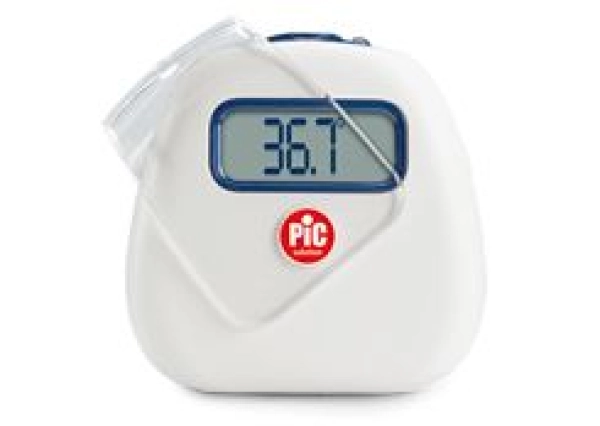

It's a dilemma facing all mothers of newborn babies: can I breastfeed if I have a fever? Scientists have now given a clear response: there's no reason not to, and it's even OK to take certain antibiotics. Breast milk contains antibodies that help the baby to protect itself against infection.
The only real contraindication for breastfeeding in this situation is if the fever causes weakness. Breastfeeding still needs energy, and may not be sustainable.
Breastmilk contains some 700 species of bacteria, and also antibodies that help to protect against viruses and seasonal infections. The antibodies are associated with the nutrients consumed by the baby, and strengthen its defenses against outside attack.
According to recent medical theories, the immune system responds to a fever by improving the milk's protective capacity. If the mother and baby are both exposed to a virus, the concentration of anti-inflammatories in the milk increases, so breastfeeding with a fever is a natural way of strengthening the baby's defenses.
According to a study by Flinders University in Adelaide, a fever changes the characteristics of a mother's milk, significantly increasing the number of white corpuscles, the immune system's main form of defence, in breastmilk.
Even if the mother takes antibiotics for the fever, they won't harm the baby. Most common antibiotics, including penicillin, macrolides and cephalosporin, can be taken while breastfeeding. But it is important to check with a paediatrician to be on the safe side.






